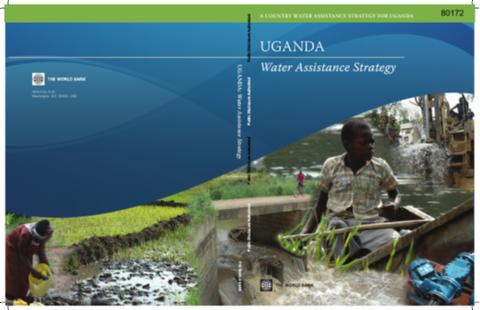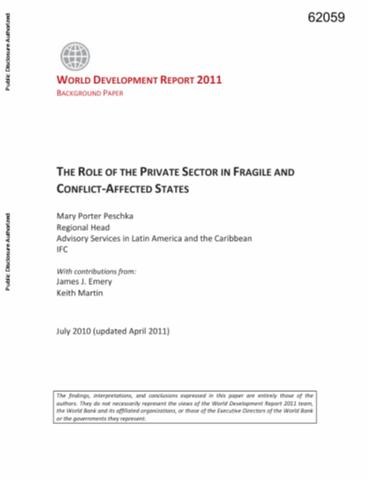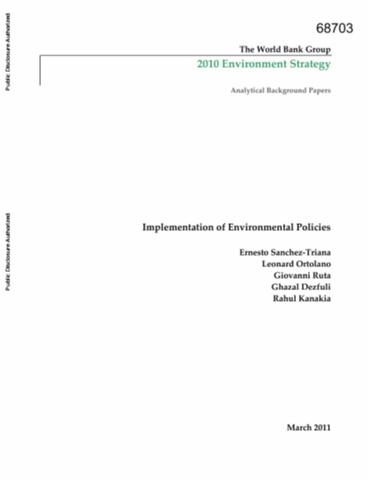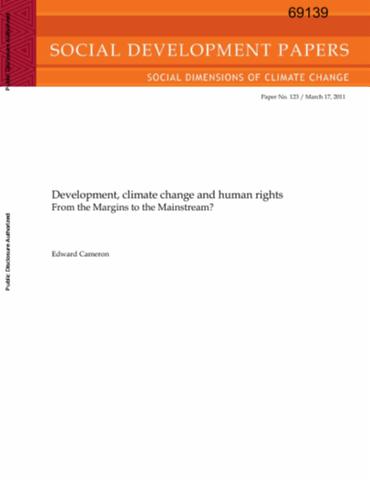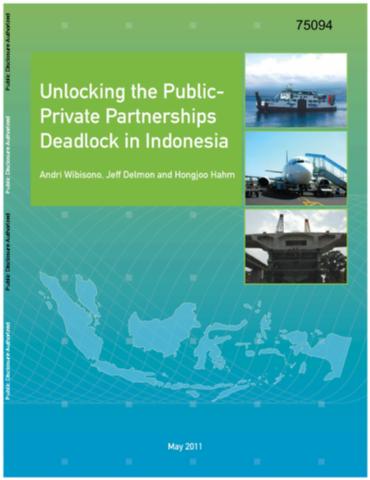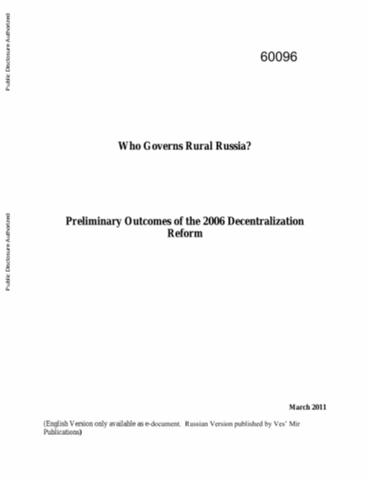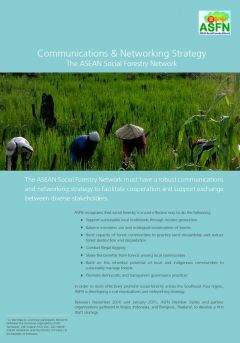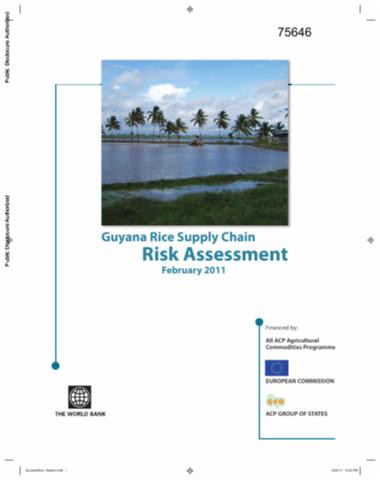Lessons Learned in the Development of Smallholder Private Irrigation for High-Value Crops in West Africa
The objective of this report is to identify and evaluate best practices in smallholder private irrigation in West Africa. The report is based on a comparative assessment of the smallholder private irrigation subsector in Burkina Faso, Mali, Niger, and Nigeria, which included a literature review, field visits, and workshops at both national and regional levels. The task lists for the assessment is provided in annex one. This report first presents the main features of smallholder irrigation and the development projects that have promoted its use in West Africa in chapter two.


